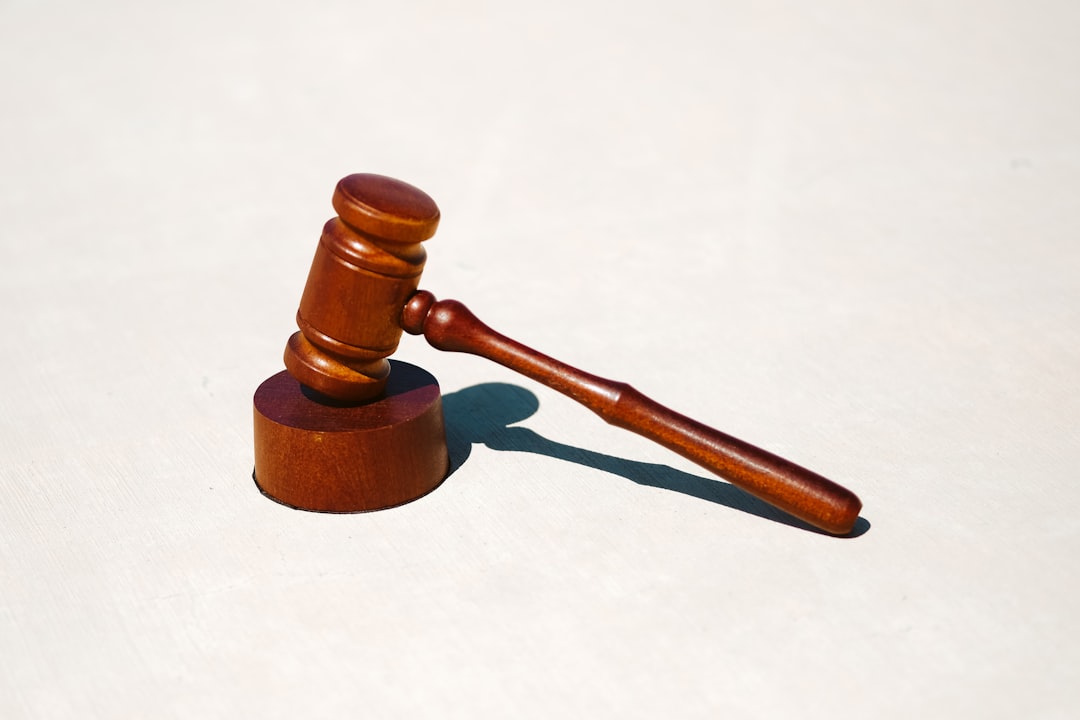Teachers in Columbus, Georgia, have a vital role in preventing and addressing sexual abuse in schools by recognizing red flags, fostering open communication, implementing tailored prevention programs, and reporting concerns promptly. Schools are legally obligated to maintain a safe environment, with staff training, policy implementation, and encouraging student dialogue as key measures to reduce abuse risks and ensure well-being, while consulting a Georgia school abuse lawyer offers legal support.
In Columbus, Georgia, teachers play a pivotal role in preventing sexual abuse within their communities. This article delves into crucial strategies and obligations surrounding this sensitive topic. We explore “Recognizing Red Flags,” emphasizing teachers’ vital early detection skills. Additionally, we discuss “Creating Safe Spaces” to foster prevention in schools, and delve into the legal aspects, including the responsibilities of school authorities under Georgia law. Understanding these dynamics is essential for safeguarding students and holding perpetrators accountable with the help of experienced school abuse lawyers in Georgia.
Recognizing Red Flags: Teachers' Role in Early Detection

Teachers play a vital role in preventing and addressing sexual abuse within Columbus, Georgia schools. One of their critical responsibilities is to be vigilant and recognize potential red flags that may indicate a student’s vulnerability or involvement in abusive situations. Through regular interactions with students, teachers often gain unique insights into their behavior, attitudes, and social dynamics.
Early detection involves observing changes in a student’s academic performance, attitude, or social interactions. Unusual withdrawal from activities, sudden changes in behavior, or secretive tendencies could be indicators of distress or exploitation. Columbus school lawyers emphasize the importance of teacher awareness and prompt reporting of such observations to relevant authorities, ensuring the safety and well-being of students and providing them with necessary support and legal protections against school abuse.
Creating Safe Spaces: Strategies for Prevention in Schools

In Columbus, Georgia, teachers play a pivotal role in creating safe spaces and preventing sexual abuse within the school environment. One effective strategy is to foster an open and supportive atmosphere where students feel comfortable discussing personal matters and reporting any instances of discomfort or inappropriate behavior. Teachers can achieve this by actively listening to their students, maintaining clear communication channels, and ensuring that all interactions are conducted with the utmost respect and professionalism.
Additionally, schools should implement comprehensive prevention programs tailored to different age groups and developmental stages. These programs can include workshops on personal boundaries, consent, and healthy relationships. By educating students about these topics, teachers not only empower them to recognize and resist potential abuse but also create a culture of mutual respect and understanding. Collaborating with school counselors and external experts specializing in child safety can further enhance these efforts, ensuring that Columbus’s students are equipped with the knowledge and tools necessary to protect themselves from school abuse and its devastating consequences.
Legal Aspects: The Obligation of School Authorities in Georgia

In Georgia, the legal framework imposes a clear obligation on school authorities and educators to maintain a safe learning environment, free from sexual abuse. The state’s laws regarding child protection and education emphasize the responsibility of teachers and school staff to recognize and report potential instances of abuse. Any failure to act or negligence in protecting students can lead to legal consequences for school officials, including charges of negligence and civil lawsuits.
A school abuse lawyer in Georgia would argue that this obligation extends beyond reporting; it encompasses creating policies and procedures to prevent abuse, conducting regular training for staff on recognizing red flags, and fostering a culture where students feel comfortable discussing sensitive issues with their teachers. By adhering to these standards, schools can mitigate risks and ensure the well-being of their students.





